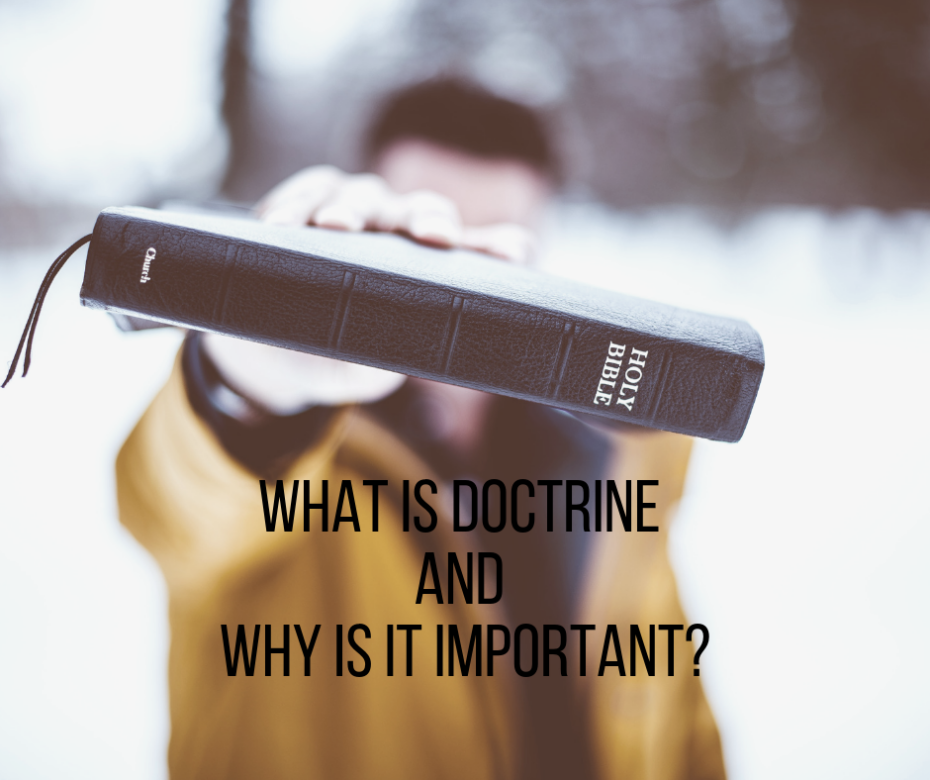I received a call from a Free Grace friend. He asked, “What is doctrine?”
My immediate response was, “Doctrine is anything that is taught in the Bible.”
He went on to say that he distinguished between doctrines and tenets. He called doctrines the ten or so fundamentals: the deity of Christ, the virgin birth, His bodily resurrection, His substitutionary death on the cross for our sins, justification by faith alone, eternal security, and inerrancy.
He called all lesser truths “tenets.”
He separates with others over the fundamentals, but not the tenets.
I strongly agree that some teachings in the Bible are fundamental and some are not. If someone denies one of the fundamentals, then he cannot teach a class in our church or even try to proselytize people in our church to his errant views. He can attend our Sunday school hour. (We would exclude him from the Lord’s Supper meeting.) But he can’t spread his message.
However, it seems more accurate to call everything the Bible teaches as doctrines.
The main words translated as doctrine in the NT are didaskalia (doctrine, teachings) and didachē (doctrine, teachings). What is taught in the local church is Bible doctrine. Well, it used to be that way. Today many churches do not teach Bible doctrine. Many teach doctrines from self-help books on parenting, managing your finances, marital health, and time management.
Even Biblical teachings which may seem insignificant can be important doctrines.
The birth of Jesus in Bethlehem is an important prophetic doctrine (Micah 5:2; Matt 2:5-6).
Judas betraying Jesus for thirty pieces of silver is another key prophetic doctrine (Zech 11:12-13; Matt 26:15; 27:3-8).
Here are some examples of important but not core doctrines:
- The pre-trib rapture
- Trichotomy vs. dichotomy
- One nature vs. two natures
- Cessationism vs non-cessationism
- Tithing vs. giving as the Lord prospers you
- Having a full meal with the Lord’s Supper vs. just having juice and crackers
- Women wearing head coverings when they pray aloud vs. not doing so
- Men only being elders in the local church vs. men and women being elders
- Using the KJV vs. using any other version.
There are some doctrines which some consider fundamental and others consider to be lesser doctrines. Consider, for example:
- Young earth creationism (YEC)
- Eternal conscious torment for unbelievers (ECT)
- Assurance being of the essence of saving faith
- Repentance not being a condition of everlasting life (or repentance simply being a change of mind about Christ, another name for faith in Christ)
- Faith being propositional vs. faith having a volitional component.
What is the bottom line? Doctrine matters. We cannot grow as Christians without feeding regularly on solid Bible doctrine (1 Pet 2:2-3). And we must not allow people who deny what our church considers to be the fundamental doctrines of the faith to teach any class in our churches. Free Grace churches should be places where sound doctrine is taught verse by verse, chapter by chapter, book by book (cf. Acts 20:27; 2 Tim 2:15-19; 3:16; Heb 5:12-14).


